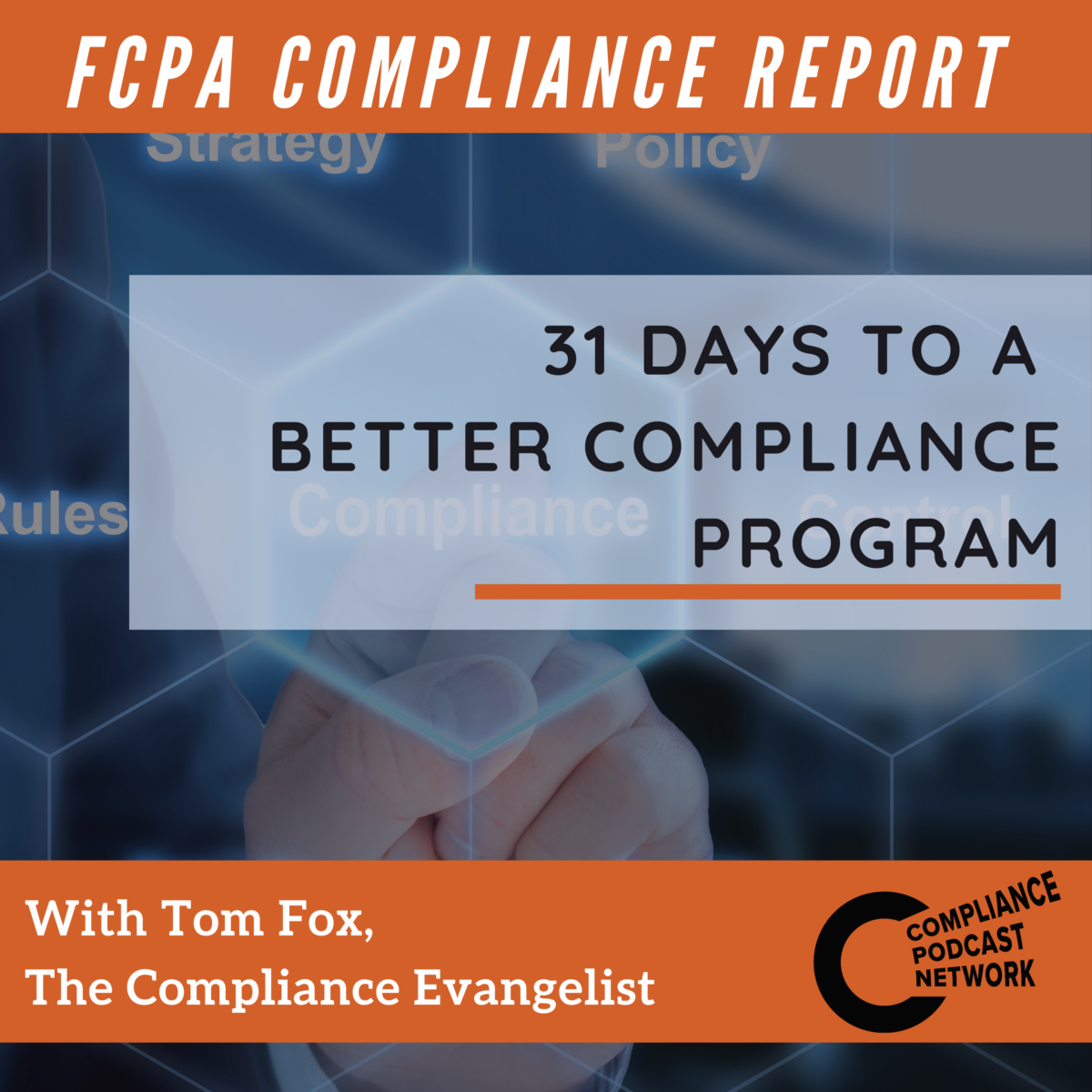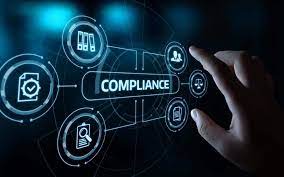I recently read an article in the Sloan Management Review entitled “Building a Data-Driven Culture: Four Key Elements” by Ganes Kasari, founder and CEO at Tensor Planet. He posits that a data-driven culture is vital to success with AI projects, but shaping one involves many challenges. He suggests that learning how to build one from organizations that have made the journey engaging for employees is one approach to take. For compliance professionals, this is a critical issue. Compliance, risk management, and governance efforts may be ineffective if a company’s workforce does not instinctively turn to data when making decisions.
The Department of Justice’s (DOJ) 2024 Update on the Evaluation of Corporate Compliance Programs (2024 ECCP) has made it clear that compliance programs must be data-driven, proactive, and continuously monitored. But if an organization has not built a culture of data-driven decision-making, compliance will always be playing catch-up.
So, how do companies foster a data-driven compliance culture? Kasari says the answer lies in four key areas:
- Leadership Intervention
- Data Empowerment
- Collaboration
- Value Realization
Leadership Intervention: Setting the Tone from the Top
For a compliance program to be truly effective, proactive, and data-driven, leadership must take an active role in championing the importance of data in decision-making. Too often, executives fund compliance initiatives but delegate execution entirely to compliance and IT teams. The result? Employees still see compliance as someone else’s job rather than an integral part of business operations.
The DOJ has emphasized that compliance programs must have engaged leadership. That means:
- Executives must communicate why data and AI are essential for compliance.
- Leaders must use data themselves, modeling the behavior they expect from their employees.
- Regular check-ins and accountability measures should ensure compliance is not just an IT issue but an enterprise-wide priority.
Concept in Action: Rewarding Compliance Innovation at DBS Bank
When DBS Bank launched its digital transformation initiative, CEO Piyush Gupta prioritized creating a culture that rewarded data-driven decision-making and innovation. In one case, an employee made a data-driven compliance decision, ultimately leading to a failed experiment. There was regulatory pressure to penalize the employee, but Gupta stepped in and awarded them instead—for trying, learning, and embracing the new compliance culture.
This kind of visible leadership support sends a powerful message: compliance isn’t just about avoiding penalties but also about building a smarter, more resilient organization.
Data Empowerment: Making Compliance Everyone’s Job
For compliance to be truly embedded in company culture, every employee, not just compliance officers, must be able to access, understand, and act on data.
This means focusing on three levels of readiness:
- Data Readiness – Ensuring high-quality data is available at the right time to the right people.
- Analytical Readiness – Training employees to interpret compliance data and make informed decisions.
- Infrastructure Readiness – Investing in AI-driven compliance tools, automation, and real-time risk monitoring systems.
Concept in Action: JPMorgan Chase and the DeepRacer Challenge
JPMorgan Chase wanted to upskill employees in AI and data analytics. Instead of boring compliance training sessions, the company introduced a global challenge using AWS DeepRacer, a competitive coding event where employees programmed autonomous vehicles to race.
Employees learned data analytics, AI programming, and machine learning principles while having fun. The result? Thousands of employees became data-literate, able to apply AI-driven insights to compliance, risk management, and fraud detection.
Collaboration: Breaking Down Compliance Silos
Too often, compliance sits in its bubble, siloed from business operations. However, in an AI-driven world, compliance must be embedded in every department, from finance and HR to product development and supply chain management.
A major barrier to compliance collaboration is language. Compliance teams often use technical jargon, while business teams use operational language. The result? Miscommunication, resistance, and confusion.
To fix this, compliance functions must invest in:
- Cross-functional compliance training so business leaders understand compliance risks.
- Compliance “translators”—employees who bridge the gap between compliance and business operations.
- AI-powered compliance dashboards that translate risk into actionable business insights.
Concept in Action: Gulf Bank’s Data Ambassador Program
Gulf Bank wanted to embed data-driven compliance across its 1,800 employees. Instead of relying solely on compliance officers, the bank created a network of data ambassadors—employees across departments trained to champion compliance best practices.
The results were impressive: employees felt more ownership over compliance decisions, and the company saw a significant reduction in compliance violations.
Value Realization: Measuring and Celebrating Compliance Success
One of the companies’ biggest mistakes is treating compliance as a cost center rather than a value driver. Compliance isn’t just about avoiding fines—it’s about driving better business decisions.
To ensure compliance is seen as a competitive advantage, companies must:
- Define clear KPIs to measure compliance impact.
- Track and communicate compliance success stories internally and externally.
- Tie compliance initiatives to tangible business outcomes (e.g., revenue growth, cost savings, enhanced brand reputation).
Concept in Action: AI-Powered Warehouse Compliance at a Logistics Firm
A cold chain logistics company struggled with inefficient warehouse scheduling, leading to regulatory fines and supply chain bottlenecks. The compliance team introduced an AI-driven scheduling system, analyzing weather data, shipment history, and supplier reliability to optimize deliveries.
The results?
- 16% reduction in turnaround time
- $1.2 million saved annually in avoided fines
- Increased customer satisfaction
To celebrate this success, the company shared the story through internal newsletters, town halls, and webinars, ensuring that employees saw compliance as a strategic enabler rather than just a legal requirement.
Compliance in the Age of AI
The DOJ’s 2024 guidance has made it clear that compliance programs must be data-driven, proactive, and continuously monitored. But simply investing in AI tools isn’t enough. Companies must build a truly data-driven culture where compliance is instinctive, embedded, and embraced across all levels of the organization.
The key takeaways?
- Leadership must champion compliance—not just fund it.
- Compliance must be accessible, understandable, and actionable for all employees.
- Cross-functional collaboration is essential to break down compliance silos.
- Compliance success must be measured, celebrated, and tied to business impact.
In 2025 and beyond, companies that embed AI-driven compliance into their culture will not only avoid regulatory fines and penalties or even FCPA violations, but they will also gain a competitive edge in an increasingly complex business world.














